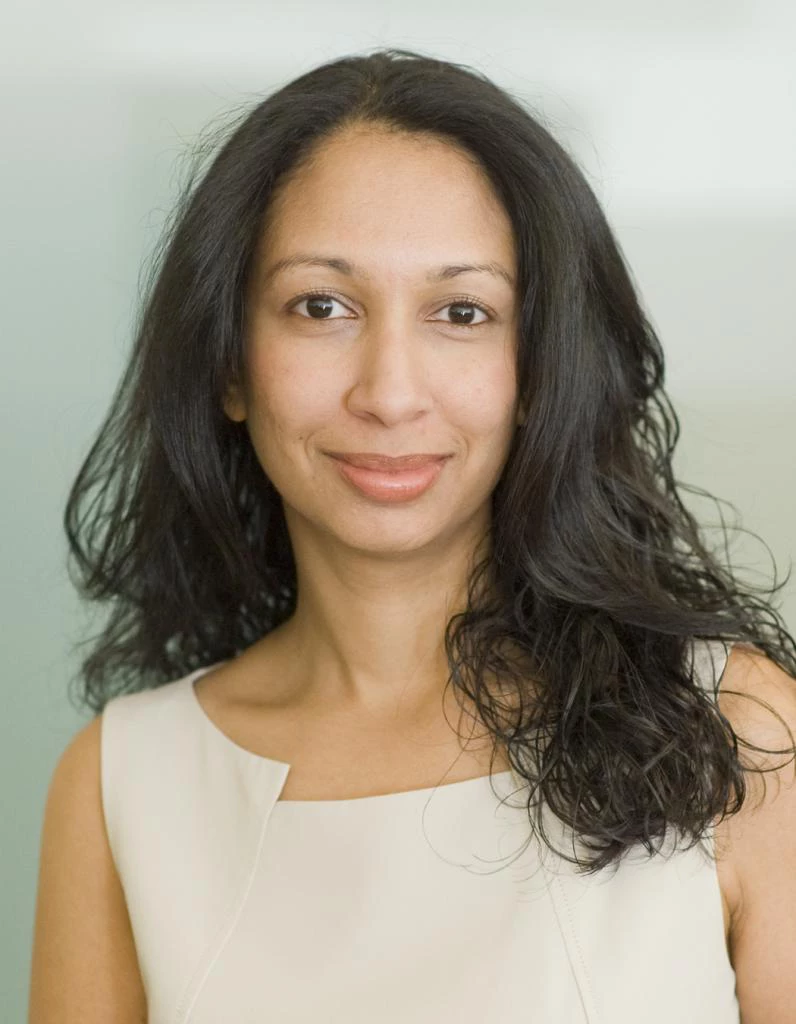When I was growing up I heard a lot of stories about my grandfather. He died when I was a child so my recollection of him is a little hazy, but one thing sticks out very clearly in my mind: he believed in educating his daughters.
Not a stunning revelation perhaps, but it certainly made him unique for his place and time. He was a Pakistani Muslim born early last century, with two wives, 10 children, and very little money. And he believed it was more important for his six daughters to gain an education than his four sons. His sons, he felt, would eventually find their way in the world, but his girls might need a little extra help to level the playing field.
In the New York Times Magazine last week, Nicholas Kristof and Sheryl WuDunn write about much the same thing my grandfather realized so many years ago. In an article called The Women’s Crusade, they discuss the development impact of educating and empowering women. Calling uneducated women the greatest unexploited resource in many poor countries, they go on to point out that these very women, if given an education and a little bit of help starting a business, “represent perhaps the best hope for fighting global poverty.”
The first example they cite is of a poor Pakistani woman named Saima Muhammad who started her own business with help from a microfinance loan. Today she is doing so well she has become the main breadwinner in her extended family. This success has enabled her to send her three children, all daughters, to school. She hopes to send them onto college one day. My grandfather would have approved.


Join the Conversation